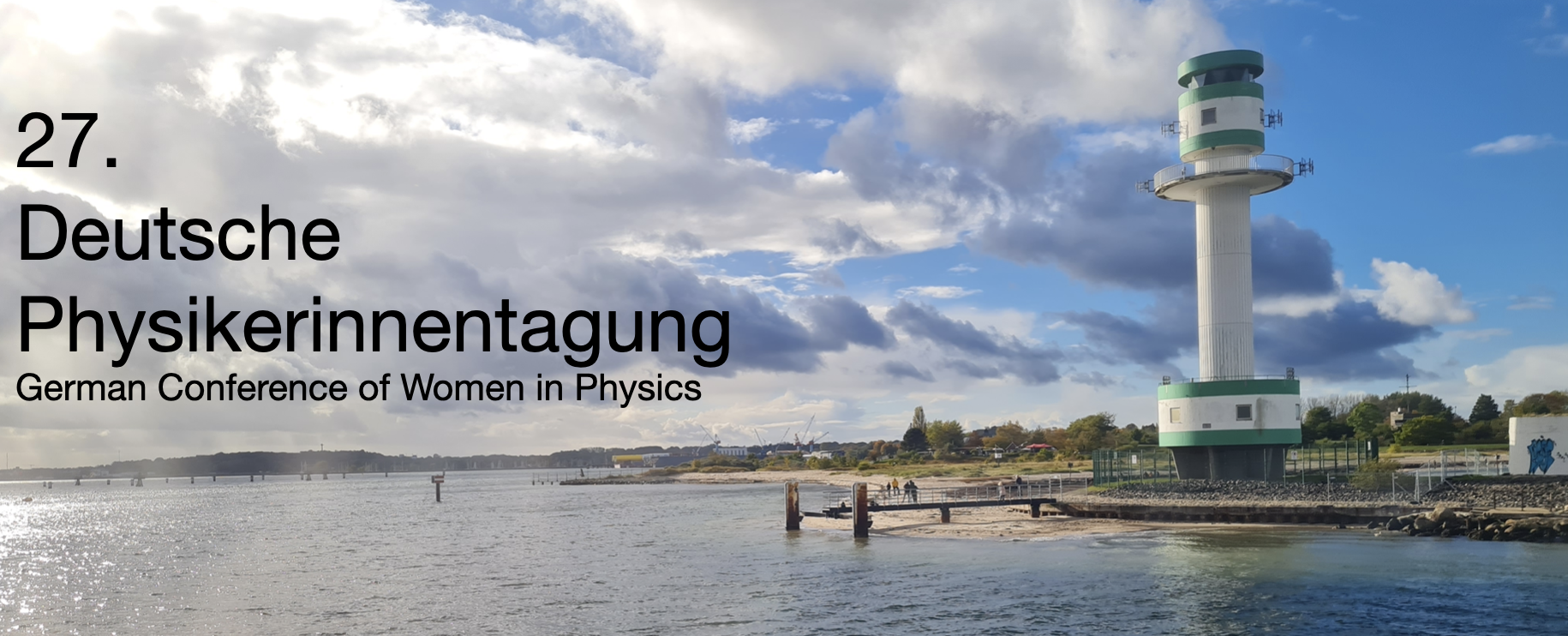Speaker
Description
High-throughput simulations and data-intensive experimental measurements are now central to many branches of physics, from predicting materials to benchmarking force-field models and training machine-learning potentials. Modern studies can generate terabytes of heterogeneous output files, yet much of this valuable information remains locked inside program‑specific log files, instrument formats, and binary blobs. The absence of a common, machine-readable description hinders reproducibility, slows cross-code comparison, and ultimately limits scientific reach.
The open-source NOMAD platform (nomad-lab.eu), developed within the German NFDI consortium FAIRmat, tackles this bottleneck by implementing the FAIR data principles (Findable, Accessible, Interoperable, Re-usable) for computational and experimental materials science.[1,2] Its plugin‑based architecture lets researchers attach custom parsers, metadata schemas, and visualization widgets to a wide range of electronic‑structure codes—Gaussian, VASP, FHI‑aims, ORCA, and more—and to experimental techniques such as X‑ray diffraction or photoelectron spectroscopy, transforming disparate outputs into a coherent, queryable database. Integrated notebooks, APIs, and workflow functionalities then make the curated data immediately available for statistical analyses, surrogate‑model construction, or AI‑driven discovery.

